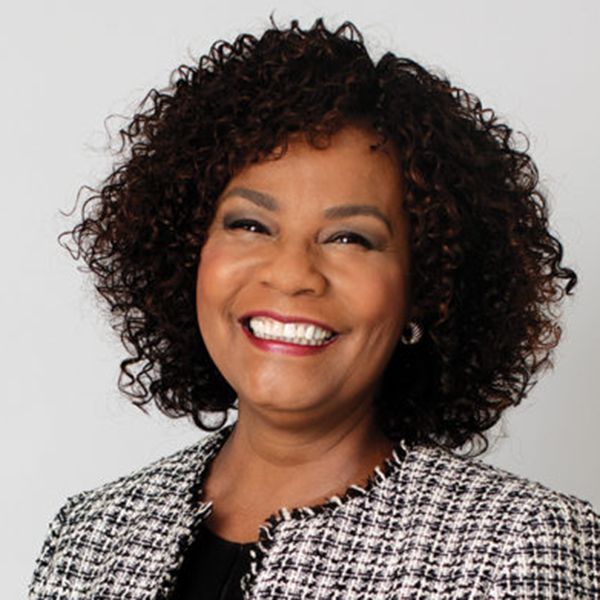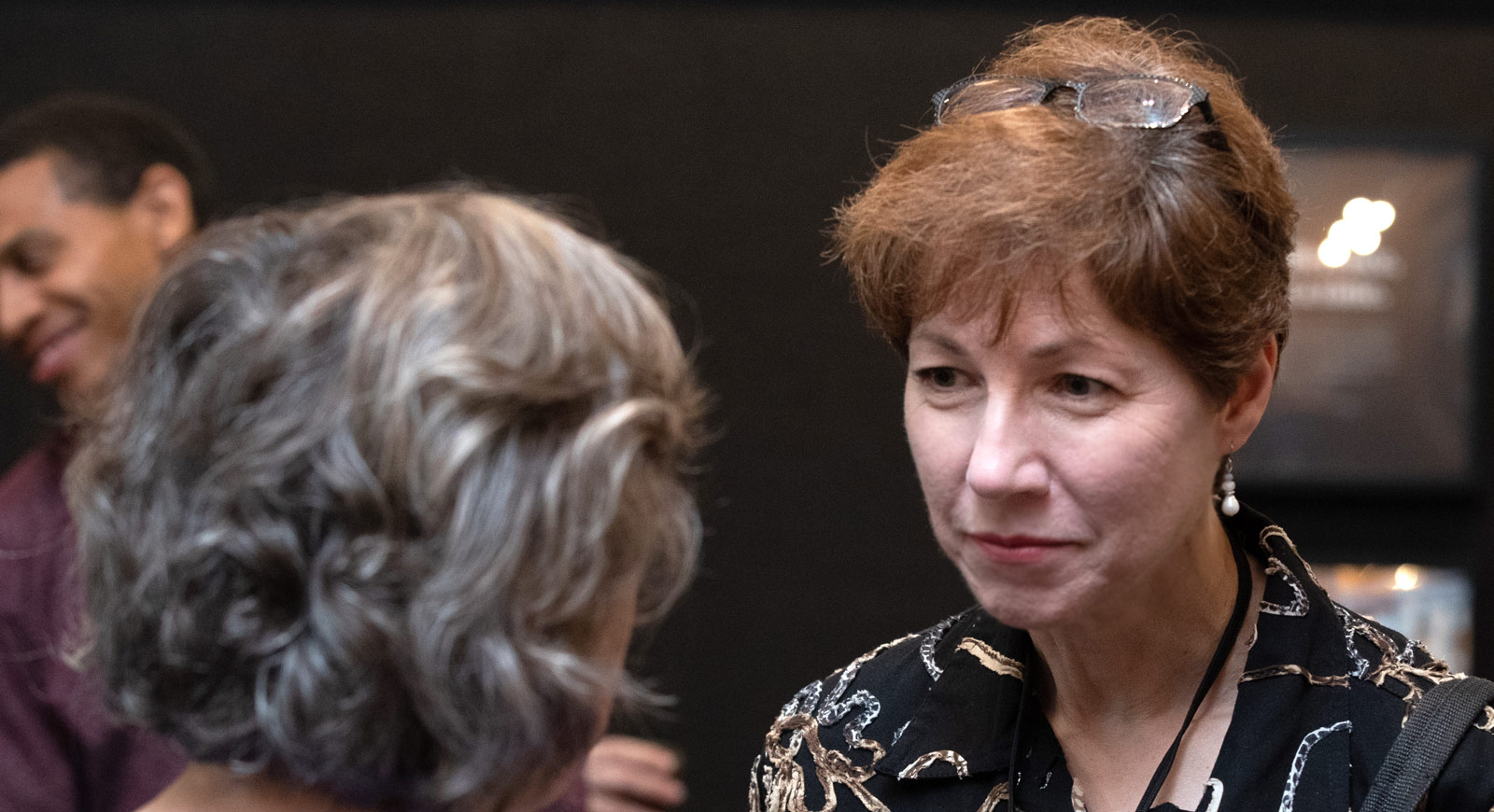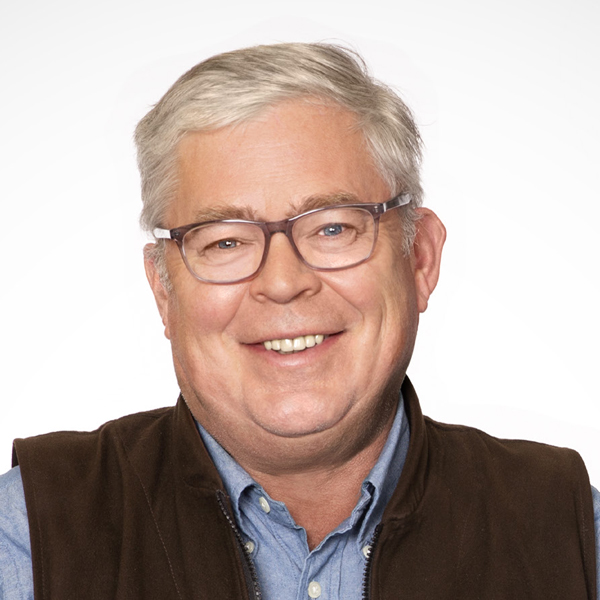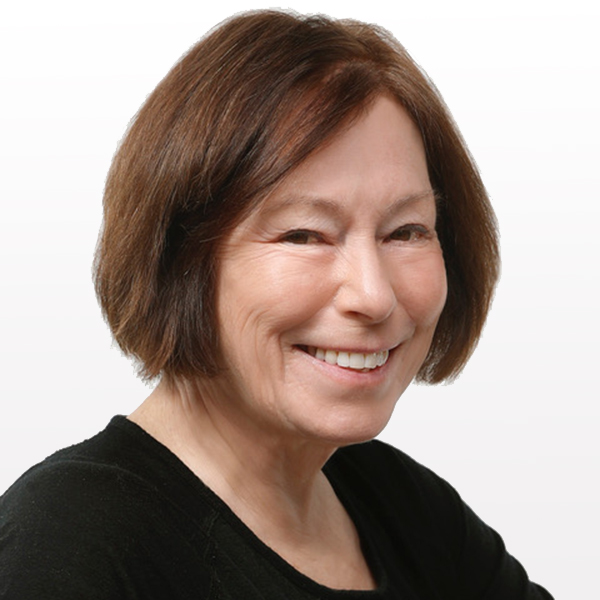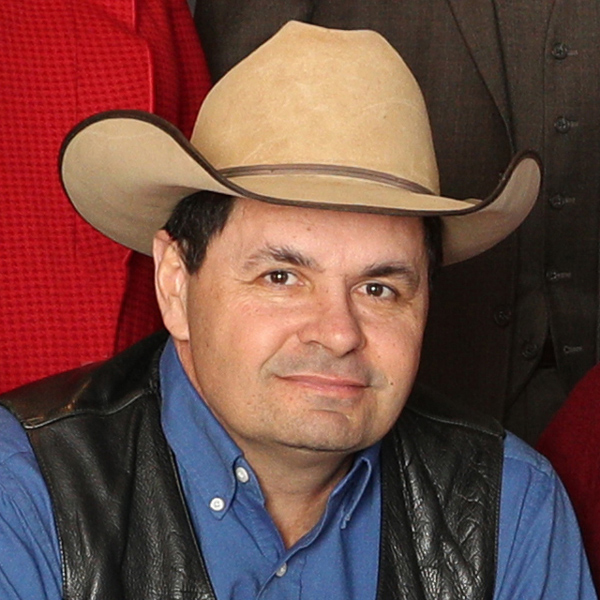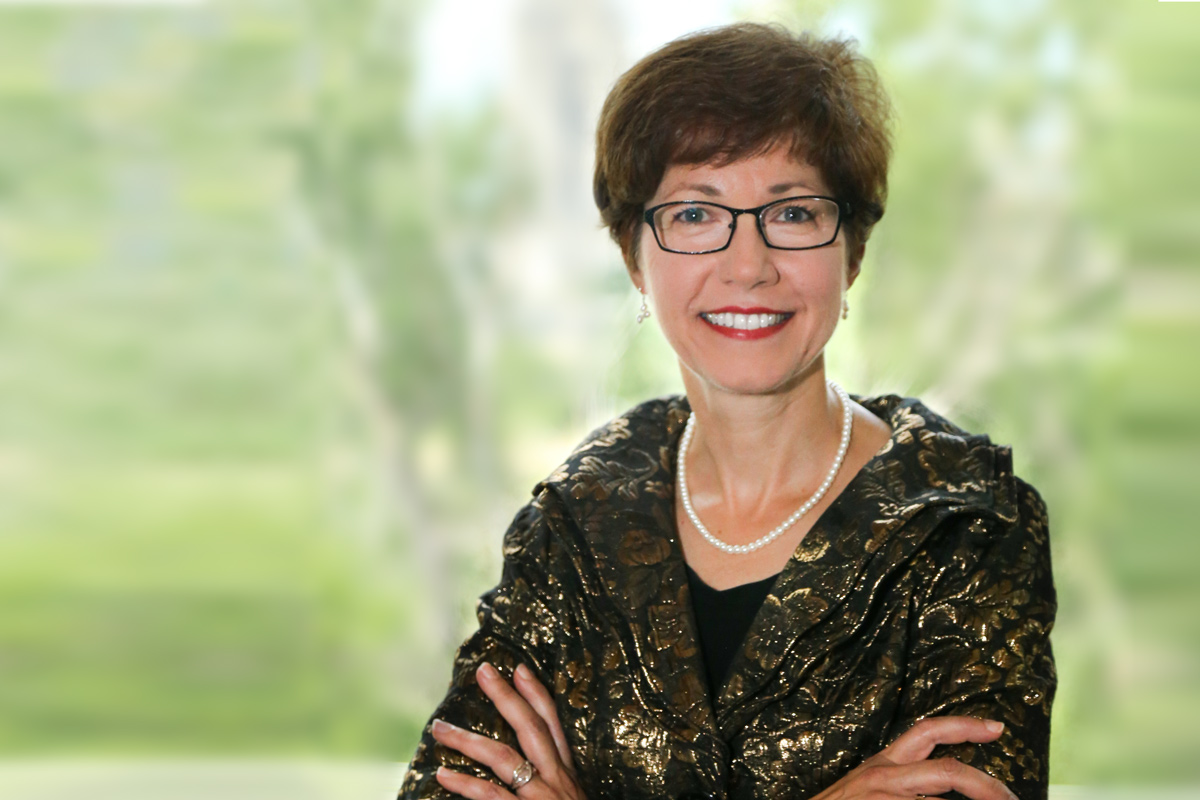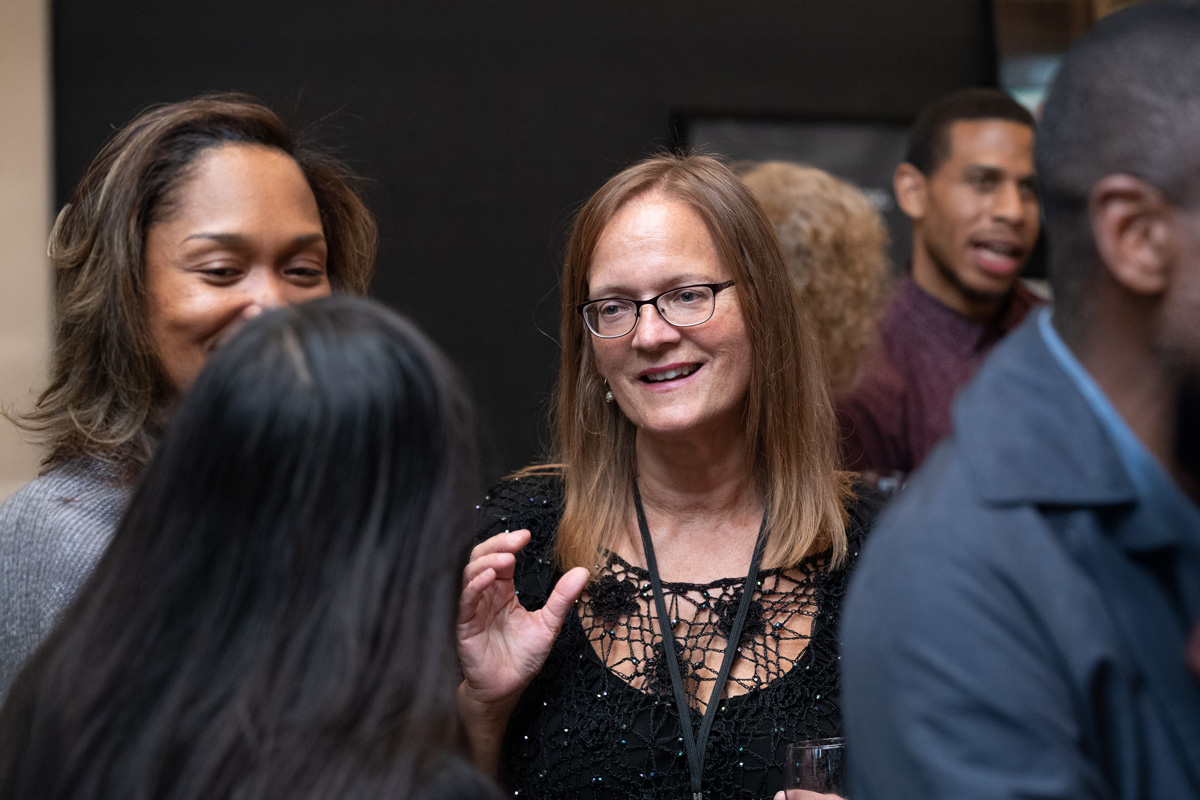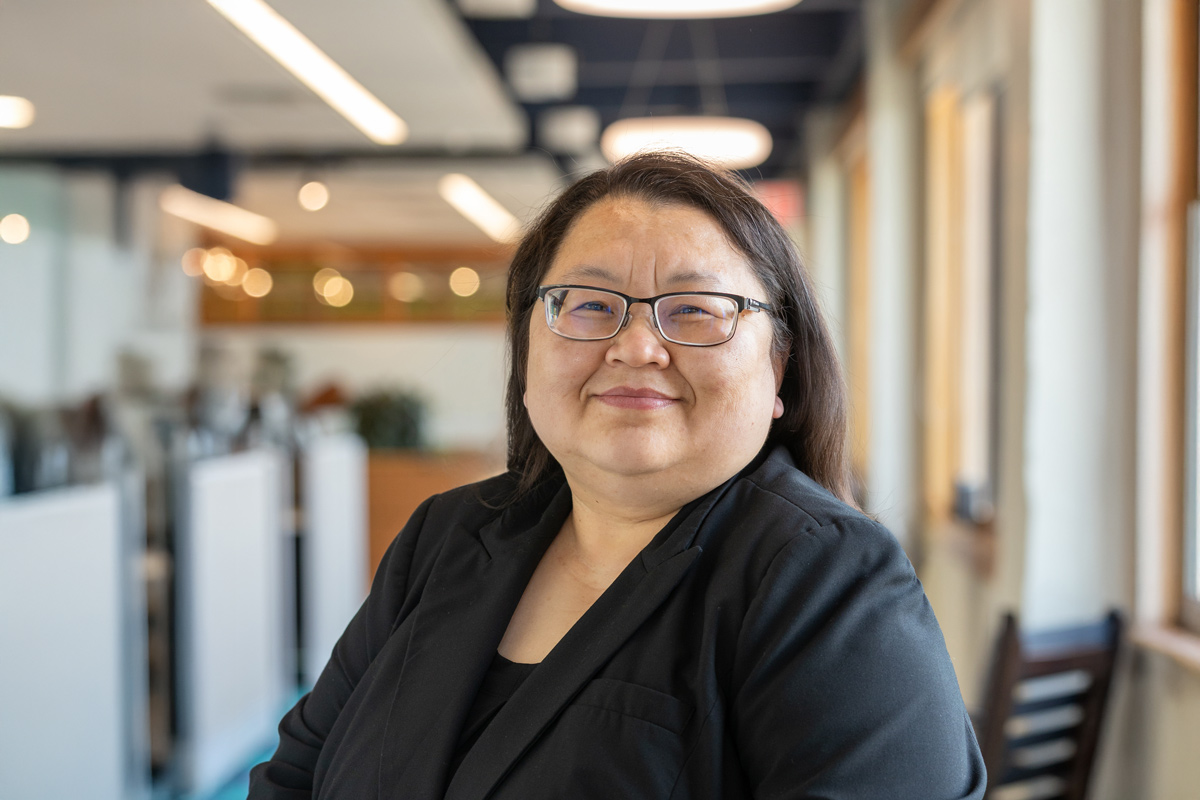Millie’s personal journey as a CFO has advanced our diversity, equity, and inclusion (DEI) efforts.
The Foundation’s previous CEO, Karl Stauber, hired Millie, who says she initially resisted the idea of working in nonprofits after years in the corporate sphere. “I was dipping my toe back into the job market after spending some time at home after the birth of my sons,” she says. “I decided to use this interview to begin rebuilding my interview skills after being home for almost a year.
“I ended up totally loving the interview with Karl and was sold on the Foundation’s focus—at that time, immigrants and refugees—which connected so closely to my upbringing. And here I am, almost 15 years later. It was serendipity.”
Millie, the child of emigrants from the former Yugoslavia who had never attended school, grew up on the South Side of Chicago. Her life experience not only drew her to the Foundation’s work from the start, it also informed her response to the Foundation’s DEI journey.
Integration of DEI into all parts of the Foundation, not only the grantmaking side, was a goal for Millie. For example, she encouraged the Foundation’s auditing firm to provide a new principal auditor from a Black, Indigenous, or people of color (BIPOC) community and to have diverse members on its audit team. Both goals were accomplished in the past year.
Millie pushed toward a related effort to bring diverse voices and perspectives to the Foundation’s investment management efforts, territory that even today is largely dominated by white men. She invited the Foundation’s investment consultant to a “know your partner” event with the Foundation’s investment committee to discuss the firm’s DEI efforts.
Importantly, Millie notes, “When we initiate these types of requests, we see how it gives those organizations a push to think more deeply about diversity in their own organizations.”
She also invited the investment consultant to source new investments that support our DEI efforts and to bring diverse members of its own staff onto the team that works directly with the Foundation. The firm has done so and it also regularly recommends diverse-led, diverse-owned, or mission-aligned firms to us.
With Millie’s thoughtful and strategic efforts, the investment committee is working to make sure the Foundation’s investments are part of addressing the inequity in this field that exists today.
